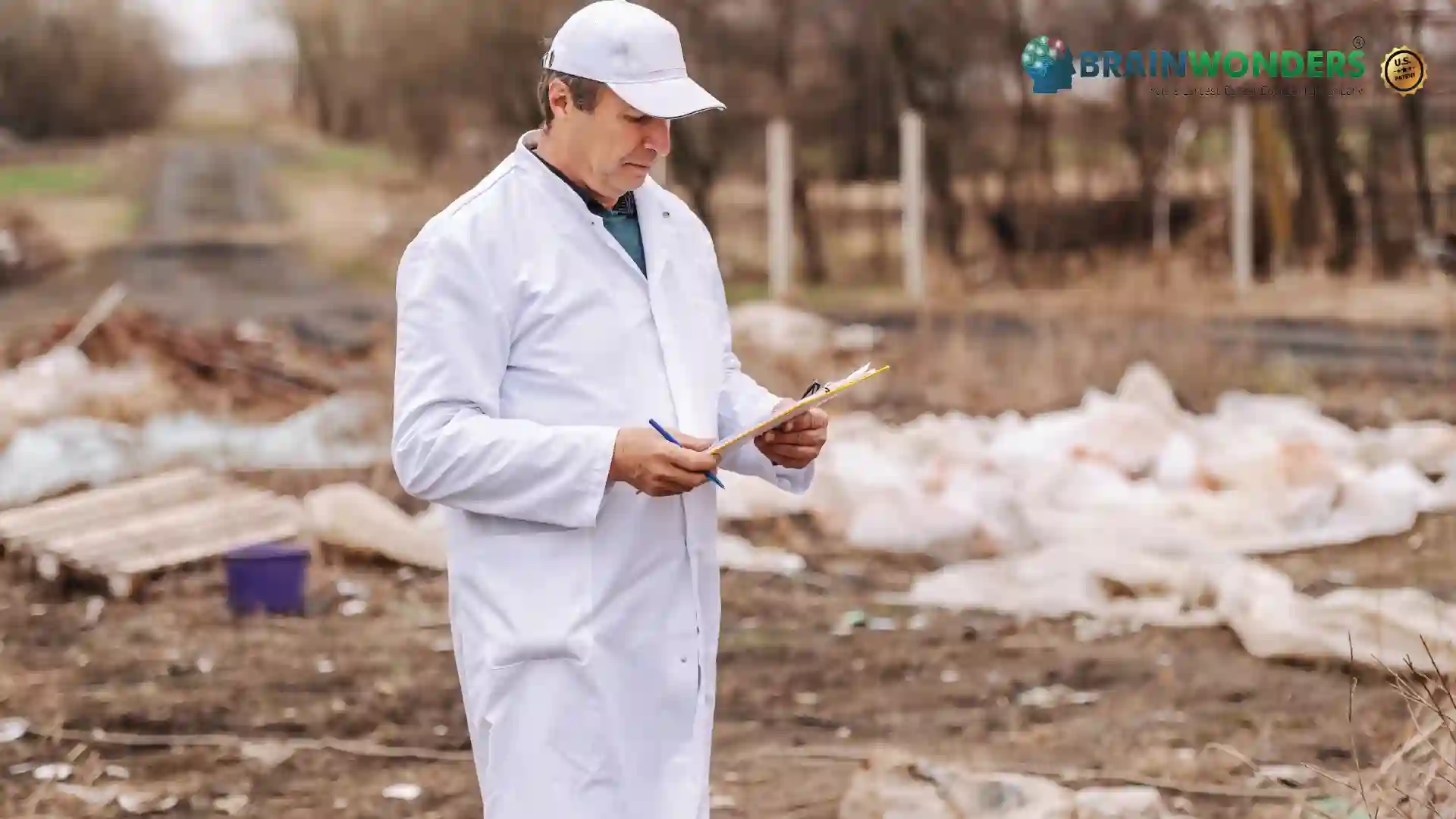B.SC in Botany, Biotechnology, Chemistry - Course, Fees, Eligibility, Top Colleges, Top Careers
Level UG
UG
Programme Degree
Degree
Course Description
The Bachelor of Science (BSc) programme offers a unique combination of disciplines that helps to broaden the candidate`s knowledge, fosters an atmosphere that is highly adaptable, and gives chances for successful growth in the candidate`s chosen profession. The Biotechnology curriculum places a premium on the application of cellular and biomolecular processes in order to create products that aid in the improvement and simplification of our daily lives. After successfully completing the course, candidates will have a broad understanding of the many uses of different goods to ease life, raise the quality of living, and preserve the environment. Botany is a subject that focuses on evolution, plant traits and behaviour, taxonomy, plant kingdom ideas, and the interaction of plants with their environment. It includes topics such as phycology, plant anatomy and developmental biology, cell biology and biomolecules, mycology and plant pathology, angiosperm taxonomy, genetics and genomics, plant physiology and biochemistry, phytochemistry, microbial biotechnology, and computer and bioinformatics applications. Chemistry`s curriculum focuses on the theoretical and practical elements of the principles of chemistry, including the theories and ideas of atomic structure, chemical bonding, thermodynamics, coordination chemistry, quantum mechanics, spectroscopy, and chemical analysis. Through seminars, guest lectures, workshops, projects, internships, and dissertations, students develop problem-solving, critical thinking, reasoning, analytical thinking, logical abilities, and entrepreneurship. You might work in the planning, manufacturing, or even management sectors of bioprocessing enterprises. Additionally, you may get employment in pharmaceutical firms, food manufacturing units, and labs, as well as in agricultural, environmental, and chemical departments. Additionally, you may work as a research associate and continue your career as a scientist after earning your PhD.
Eligibilty
Level: Graduate
Duration: 3 years Mode: Full time Eligibility: 10+2 in Science stream or equivalent from a recognised board with minimum 55% of marks.
Colleges



